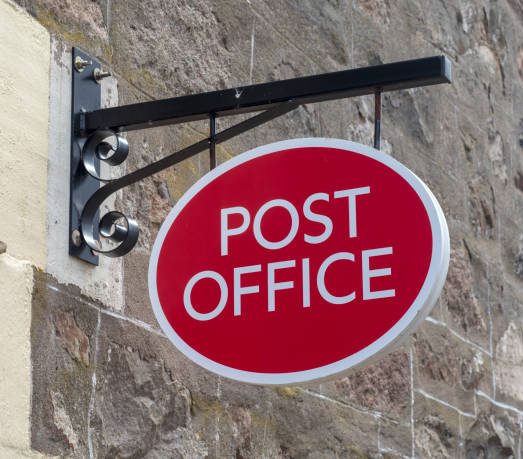The class action against Royal Bank of Scotland that recently hit the headlines was an interesting case for investors in more ways than one.
As well as shining a spotlight on the bank’s dealings with shareholders before its taxpayer bailout, there is another reason why investors watched with interest as it finally drew to a close last month.
It was one of the highest profile cases yet to be funded through third party commercial litigation funding. This emerging asset class is rapidly gaining traction, and investors and their advisers are increasingly keen to understand the dynamics behind it and the opportunity it represents.
A growing market
Commercial litigation funding is where a third party provides the financial resources to assist a claimant with expensive commercial litigation or arbitration cases in return for an agreed share of the proceeds of any successful claim.
This can range from international corporate disputes to shareholder class actions to smaller claims involving tax, trusts, intellectual property, competition, professional negligence or insurance, and more.
Crucially, commercial litigation funding should not be labelled as ‘ambulance chasing’ – funders will not usually invest in cases relating to areas such as personal injury or divorce.
It is a growing market with significant potential, not least because there is a clear need. The costs of pursuing cases can be prohibitive and uncertain, which often deters claimants from pursuing meritorious claims.
At the same time, law firms are not always able to take on cases on a conditional fee arrangement basis. As a result, litigation funding for UK and international cases is becoming more mainstream and London is now well-established as a global centre for legal dispute resolution. Some estimates put the size of the market at around $3.5 billion (£2.7 billion), a tenfold increase since 2009.
A key reason for its popularity is that it is an uncorrelated asset. Cases are resolved by the courts, irrespective of what is happening to asset prices in the wider economy.
Its ability to reduce overall portfolio risk while boosting returns, decreasing exposure to public market volatility and providing insulation against wider economic factors, which could impact other assets, is a major attraction.
Another compelling factor is that potential money multiple returns are similar to private equity, but are expected to be generated within a shorter timeframe.
Although the lifespan of a portfolio may be several years, the investment horizon for each case can vary greatly; once several cases within a portfolio are concluded, periodic distributions may become available.
International arbitration cases may take several years, but other types of cases can take only weeks or months, and claims frequently settle quite quickly after funding has been received. Funding can be provided at any point – even mid-trial.
A handful of key players
The market is maturing, with a handful of key players dominating in the UK, making it hard for new entrants to gain a foothold. Among them are Therium Capital Management – which is funding major shareholder actions against Lloyds and VW later this year – and Burford, which is listed.
Approaches vary, with some funders focusing mainly on high end international claims and others making a volume play, specialising in smaller cases. Funders may also differ in the types of cases they take on. Other players in the market include Harbour and Vannin Capital.
The fact that most of these leading market participants are private funds poses a challenge for individual investors, family offices and niche institutions looking to access the asset class. There is a huge amount of institutional interest now, which means smaller investors often get crowded out.
Their only options are to invest in a quoted commercial litigation funder (of which there are currently very few), but this means exposure to markets, undermining the uncorrelated nature of the asset. Or they will need to access an existing manager direct, as our clients have been able to do collectively, via a co-investment relationship we have established with Therium.
What to look for
Assuming investors can get access, what should they look for in their due diligence process? Essentially, commercial litigation funders should:
- Have well-established relationships with law firms
Law firms are the source of case flow. They are keen to ensure that cases can be pursued and their costs are met, so litigation funders’ professional conduct, ability to deliver and speed to fund are therefore often just as important as terms
- Be able to demonstrate specific expertise and a robust track record
In this highly specialised area, expertise is everything. This kind of investment should only be undertaken by a dedicated commercial litigation funder. Understanding the risks and conducting thorough case due diligence is vital to success.
- Be capable of building a diverse portfolio of cases
Cases have a roughly 50/50 success rate at trial, though a proportion will settle early, so a diverse portfolio is essential. Funders need a robust pipeline of prospects from which to select the strongest cases.
Commercial litigation funding provides investors with exposure to a non-cyclical, alternative asset, unrelated to stock market movements or economic developments, which can deliver attractive risk-adjusted returns.
For high net worth investors, the main challenge is gaining access via high quality market participants, as availability becomes more limited with growing demand. For those who can find a route in, the rewards – both financial and in terms of enhanced portfolio diversification – should be well worth it.
Claire Madden is a co-founder and managing partner at private equity and specialist funding business Connection Capital.
Read the full article on citywire.com









